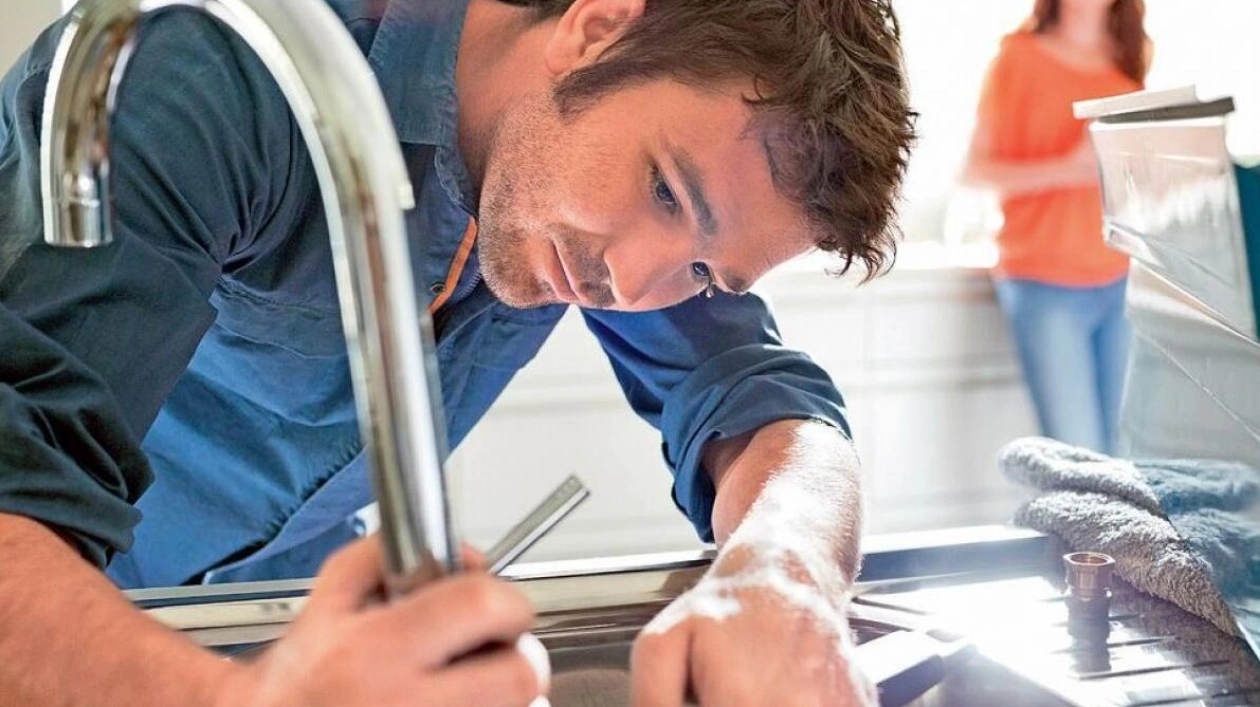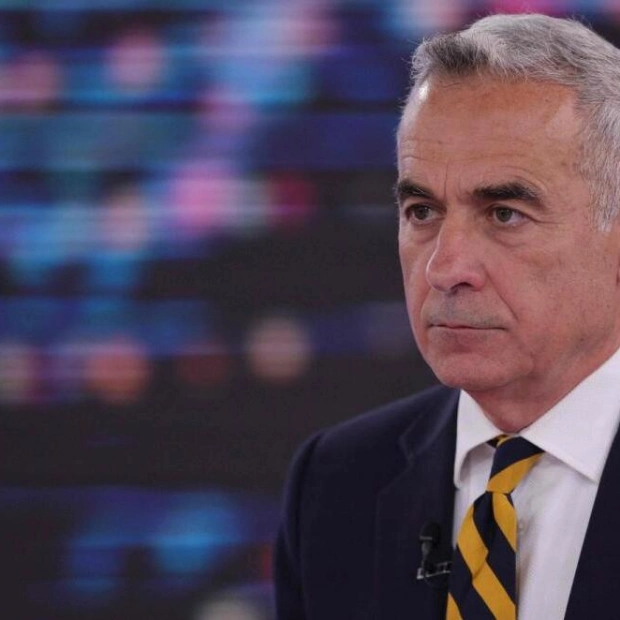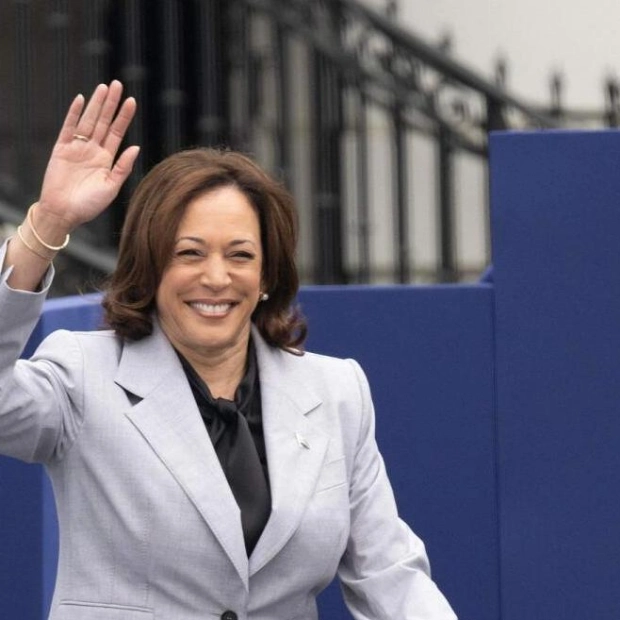Due to the high demand for rental properties, landlords are increasingly requiring tenants to cover the costs of repairs and maintenance. Tenants report that landlords often decline requests for repairs, such as replacing taps, door locks, and addressing leaks, instructing tenants to purchase and install the necessary items themselves. Landlords typically agree to pay for repairs related to internal structural elements like pipes and cables.
Abu Aiman, a long-term resident of the UAE, expressed his dissatisfaction, stating, "It's unjust. As a tenant, I won't be taking fixtures like taps and locks with me when I move, so it's the landlord's duty to handle these repairs." Tenants feel that landlords are less cooperative with maintenance due to the robust population growth in Dubai and the UAE, which keeps rental demand high.
Rental prices in Dubai rose by 10% in the first half of 2024, with projections indicating a similar increase in the second half. Josh Nairn, leasing manager at Huspy, noted that traditionally, Dubai landlords were responsible for all routine maintenance, but there's been a noticeable shift where they now often pass these costs onto tenants, driven by rising property values and operational costs.
Dubai's booming real estate market has attracted numerous international investors. However, this growth has altered the relationship between landlords and tenants, especially regarding maintenance responsibilities. Nairn highlighted that landlords living abroad without a designated maintenance company may delay or ignore necessary repairs.
Siyazini Kunle Biko James, leasing manager at Betterhomes, observed that landlords are increasingly shifting maintenance costs to tenants, taking advantage of tenants' lack of familiarity with the local market. She also mentioned that landlords often respond slowly to maintenance requests, leading tenants to handle issues themselves and bear the costs.
Nairn explained that landlords are generally responsible for all maintenance as stipulated in contracts, including structural damage and permanent fixtures. However, some strategically limit services, refusing to address certain issues unless they involve structural elements, which not only inconveniences tenants but also pressures them to vacate for higher-paying renters, raising ethical and legal concerns.
Tenant advocates stress the importance of clear lease agreements detailing maintenance responsibilities. They advise tenants to negotiate these terms carefully at the start of their lease with reliable agents committed to long-term client satisfaction. As disputes over maintenance costs increase, there is a growing call for government intervention to streamline reporting of unethical practices without burdening tenants.
Nairn noted that Dubai's real estate boom has drawn global investors, but they must also invest in maintaining good tenant relationships. It's more cost-effective for investors to maintain long-term tenants rather than frequently changing them. Tenants should inquire about covered maintenance before signing a contract.
James from Betterhomes highlighted an increase in misunderstandings between landlords and tenants due to inadequate communication of contract details. Disputes over maintenance costs are rising, often due to insufficient guidance and poorly detailed contracts. Some landlords create biased addendums, and tenants sometimes sign them in high-demand areas.
James urged property consultants to act fairly for both parties and ensure contract details align with Real Estate Regulatory Authority guidelines. According to Dubai Law No. 26 of 2007, landlords are responsible for maintaining fixtures and fittings unless otherwise agreed in the tenancy contract. Article 16 of the Dubai Tenancy Law specifies that landlords must handle property maintenance and repair any issues affecting the tenant's use of the property unless otherwise agreed.






